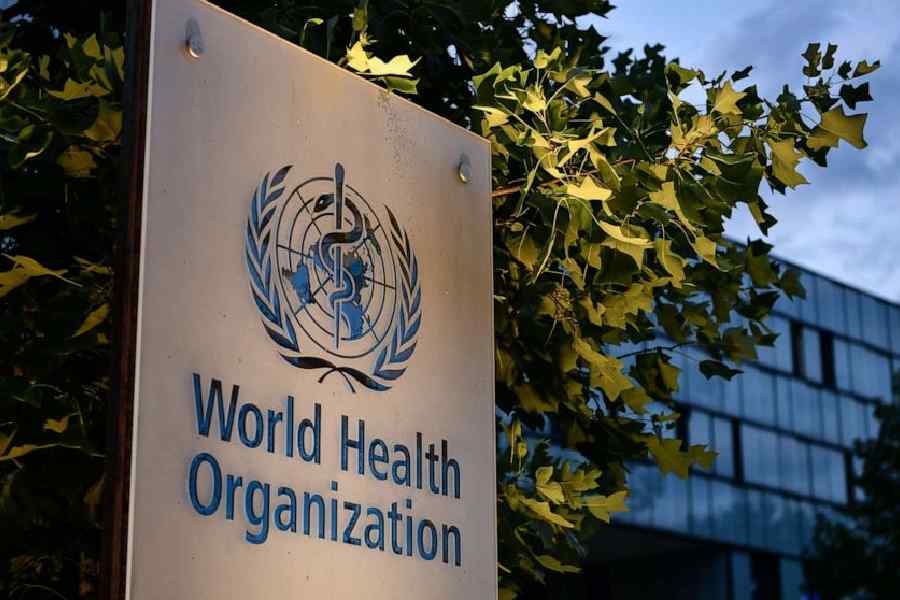Has the world finally crawled out of the shadow of the Covid-19 pandemic? The World Health Organization seems to think so; it stated recently that the coronavirus is no longer a global threat. The WHO’s assessment must have been informed by data on current infection and mortality rates. The former, it has been estimated, has fallen by over 90% from its peak two years ago. The death rate, too, has dipped — from over 100,000 mortalities every week in January 2021 to a little over 3,000 in April 2023. The virus’s extensive depredations notwithstanding, the pandemic will be documented as an episode of human ingenuity and cooperation. For instance, the taming of the pandemic was possible by scientific breakthroughs in the form of the diverse vaccines that are now available widely. The aspect of global coordination must not be undermined either. Nations worked together by sharing data concerning medication and treatment protocols during the crisis. Once the vaccines were available, several countries, including India, played a significant role in sending the vials to nations with poorer access to these life-saving drugs.
Perhaps the pandemic’s most enduring legacy was the correlations it exposed between a massive public health crisis and the state of the political economy. Most of these convergences, unfortunately, revealed the less salutary aspects of the global fraternity. For instance, societies the world over had their share of Covid sceptics — citizens, including some public figures, who disputed scientific revelations and refused medication, often on the specious grounds of upholding individual liberty. Worse, the virus spawned a mutation in the form of ‘vaccine nationalism’: infected countries, despite solemn pledges, refused to share their kitty of vaccines with underdeveloped counterparts that were entirely dependent on external assistance. The pandemic was also weaponised for geostrategic one-upmanship: the United States of America’s repeated accusations of China being complicit in Covid’s spread and Beijing’s fractious responses are a testament to this. Another instance of the political weaponisation of Covid-19 came from India, where the minority community was targeted with tacit encouragement from the ruling regime. The severe shortcomings in the healthcare apparatus, especially in rural India, which was exposed by the pandemic, would, hopefully, be addressed in the time to come. This is because the next pandemic is waiting to strike. But can the same be hoped for the lingering communal fissures?

